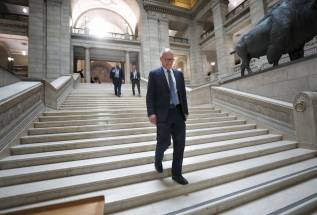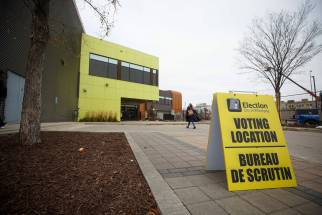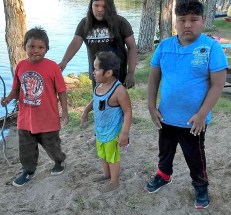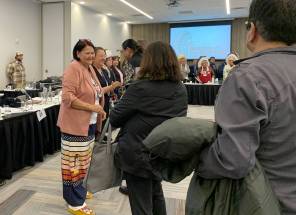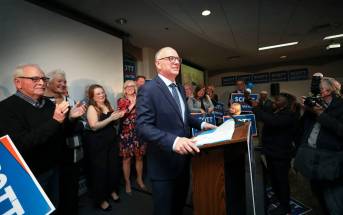For Gillingham, the hard work starts now
Read this article for free:
or
Already have an account? Log in here »
To continue reading, please subscribe:
Monthly Digital Subscription
$0 for the first 4 weeks*
- Enjoy unlimited reading on winnipegfreepress.com
- Read the E-Edition, our digital replica newspaper
- Access News Break, our award-winning app
- Play interactive puzzles
*No charge for 4 weeks then price increases to the regular rate of $19.00 plus GST every four weeks. Offer available to new and qualified returning subscribers only. Cancel any time.
Monthly Digital Subscription
$4.75/week*
- Enjoy unlimited reading on winnipegfreepress.com
- Read the E-Edition, our digital replica newspaper
- Access News Break, our award-winning app
- Play interactive puzzles
*Billed as $19 plus GST every four weeks. Cancel any time.
To continue reading, please subscribe:
Add Free Press access to your Brandon Sun subscription for only an additional
$1 for the first 4 weeks*
*Your next subscription payment will increase by $1.00 and you will be charged $16.99 plus GST for four weeks. After four weeks, your payment will increase to $23.99 plus GST every four weeks.
Read unlimited articles for free today:
or
Already have an account? Log in here »
Hey there, time traveller!
This article was published 27/10/2022 (1136 days ago), so information in it may no longer be current.
Winnipeggers have spoken.
What they said, however, on a civic election day that proved more suspenseful than any in recent history, turned out to be neither emphatic nor particularly clear.
Scott Gillingham was chosen to be Winnipeg’s 44th mayor, though the word “chosen” surely misrepresents the manner in which he emerged victorious. In terms of the popular vote, he was the preferred choice of just 27.5 per cent of those who cast a ballot in Wednesday’s election. Former mayor Glen Murray, who just a month ago was viewed as a prohibitive favourite to reclaim the job, finished second with 25.3 per cent of the vote.
In the crowded field of 11 mayoral hopefuls, Kevin Klein and Shaun Loney also garnered double-digit support, with 14.8 and 14.7 per cent of the popular vote, respectively. The remaining candidates attracted vote percentages ranging from just below eight per cent to less than one per cent.
RUTH BONNEVILLE / WINNIPEG FREE PRESS Scott Gillingham will be Winnipeg’s 44th mayor.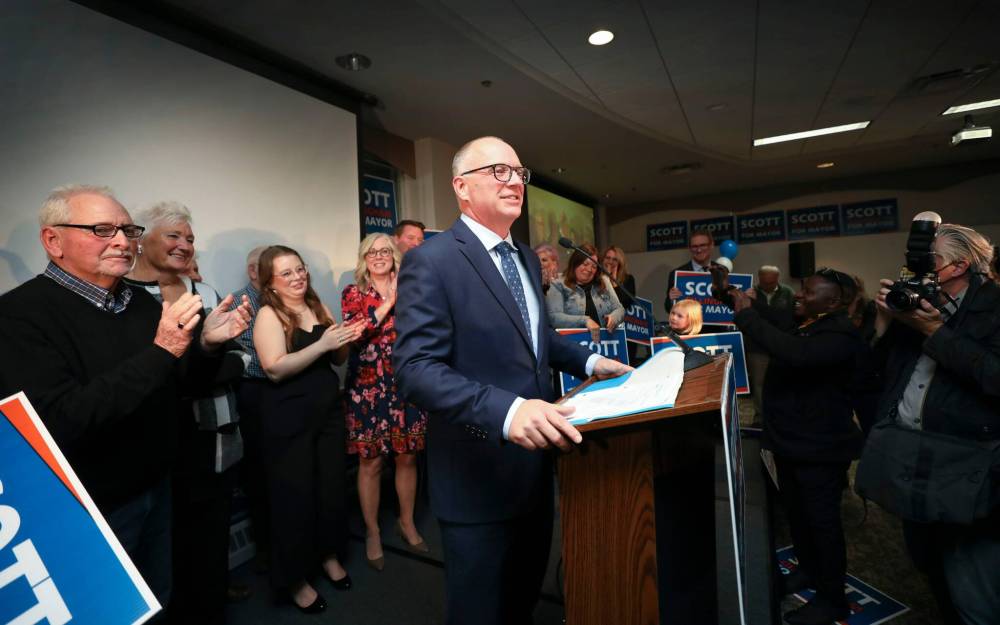
That Mr. Gillingham won with the support of less than 30 per cent of those who cast a ballot — in other words, more than 70 per cent preferred to see someone else in the mayor’s chair — is a daunting prospect. Add to that the fact only an estimated 37 per cent of registered voters even bothered to participate in the election — a woeful number, even compared to 2018’s tepid 42 per cent turnout and 2014’s slightly less alarming 50.2 per cent — and what emerges is anything but a ringing endorsement of the man tasked with leading Winnipeg’s civic government for the next four years.
Mr. Gillingham ran on a platform that might best be described as realistically utilitarian, having set himself apart from most of his rivals by providing a fully costed-out plan that included a frankly stated pledge to increase property taxes by 3.5 per cent and impose a $1.50-per-foot frontage levy in order to help the city address its financial woes.
Mostly, Mr. Gillingham presented himself as a sensible candidate with achievably modest goals. Not a flashy proposition, but clearly enough to win.
He promised increased spending on road repair — a perennial concern that became front-of-mind for many Winnipeggers after last winter’s record snowfalls led to an axle-shattering spring pothole season — and also committed to complete major infrastructure projects such as the widening of Kenaston Boulevard and the extension of Chief Peguis Trail.
Mostly, Mr. Gillingham presented himself as a sensible candidate with achievably modest goals. Not a flashy proposition, but clearly enough to win, particularly after the dip in Mr. Murray’s popularity after news reports raised concerns about his behaviour at, and the manner of his departure from, his previous job at a Calgary-based think-tank.
It might fairly be argued the margin of victory for Mr. Gillingham, then, amounted to the late-arriving support of just enough of those who had changed their minds about voting for Mr. Murray and were looking for a safe place on the ballot to make the necessary Sharpie mark.
So, where does Mayor Scott Gillingham go from here?
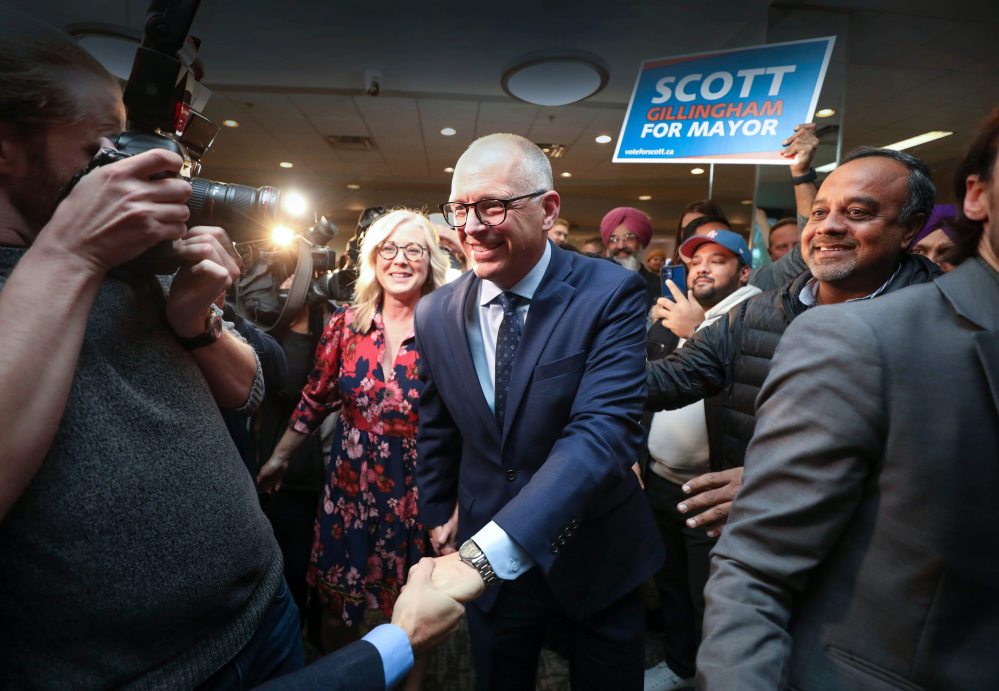
Having served two terms at city hall, he is a known commodity to a council comprised mostly of incumbents and therefore should have productive working relationships that will ease the necessarily full-sprint transition to his leadership role.
His infrastructural inclinations notwithstanding, the new mayor must prioritize issues that cannot be solved with heavy equipment and concrete. Poverty, homelessness, addiction and the crime that springs from all three are the concerns that cast a pall over all of Winnipeg’s other plans and dreams.
They are this city’s most difficult, heartbreaking problems. And if Winnipeggers really did speak, surely most would tell Mr. Gillingham this is where his hard work must begin.






